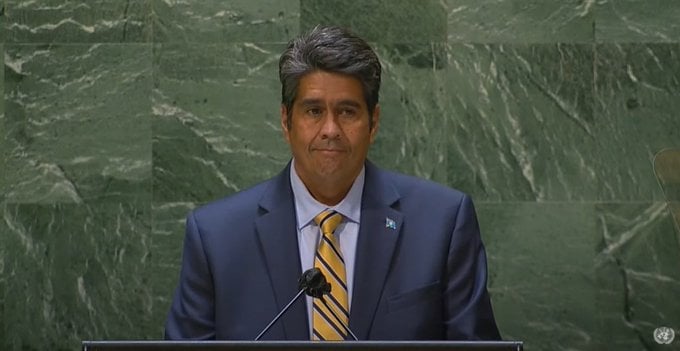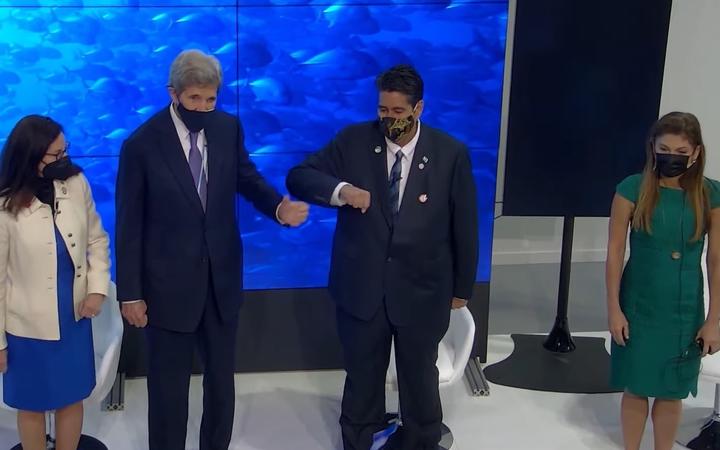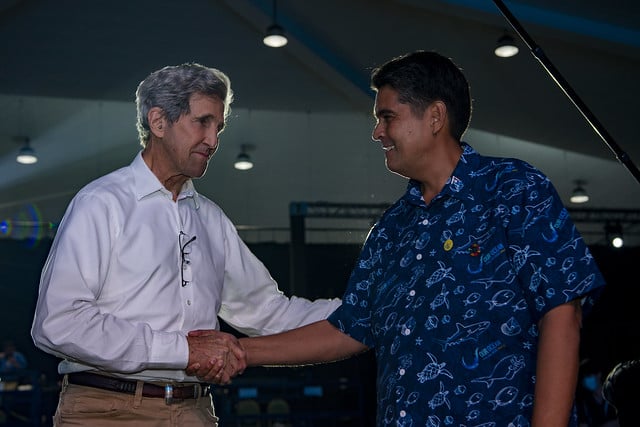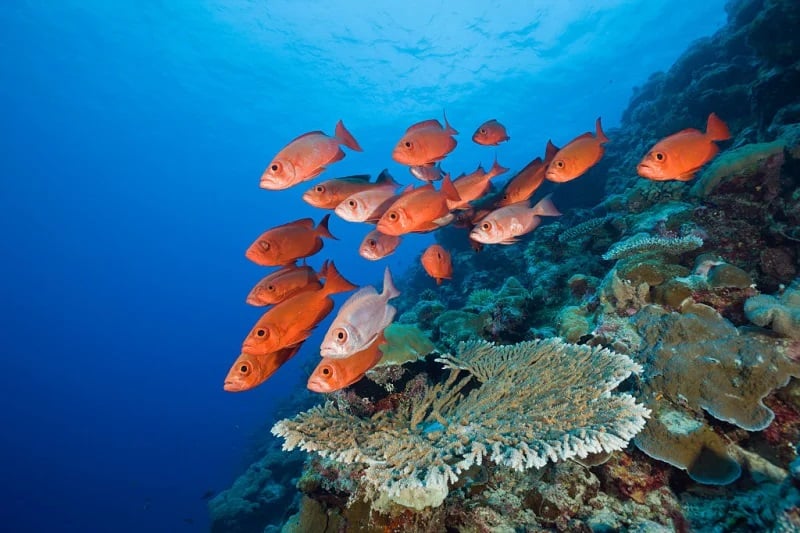Word leaders must address the “inequity and reduce the “artificial barriers” that hinder small countries from accessing climate finance needed to address the climate crisis, President Surangel Whipps Jr said in his address to the United Nations General Assembly (UNGA) last week.
“We urge the UN to address this inequity and reduce the artificial barriers to allowing small countries to access climate finance, and for the UN to create systems that address its Charter to represent “We the peoples”- for all people,” the president said.
Climate finance for poorer or developing countries will be a top agenda during the COP26 meeting in Glasgow starting 01 November.
Rich nations have earlier pledged for annual US$100 billion climate aid.
Developing nations like Palau have long urged richer countries to make funding easily accessible to them.
“As a SIDS (small island developing states) nation, we stand here as one of the States most vulnerable to climate change, and we urge fast and comprehensive multilateral action to mitigate the effects of climate change,” he added.
Palau as an ocean state is most vulnerable to climate change he said and “ocean-based climate action can play a significant role in shrinking the world’s carbon footprint.”
He said the Ocean Panel has commissioned research that found ocean-based climate action can deliver up to a fifth (21 percent) of the annual greenhouse gas emissions cuts needed to limit global temperature rise to 1.5 degrees celsius by 2050.
Access to climate aid he said is a challenge with an economy already vulnerable and further impacted by rising debts.
“This further exacerbates our vulnerabilities, and we are not alone in this respect. Of the 20 percent of climate financing provided on adaption, only two percent of that support went to SIDS countries. Further, of that two percent, at least half of those funds were not in the form of grants, but in the form of loans.”
He said that it’s time for the leaders to act citing the IPCC Report that the world running out of time to tackle rising temperatures.
“Simply put, we must act NOW to ensure our children inherit a healthy and reliable future. We need to act NOW before further irreparable damage is made to our planet,” Whipps said.
The president also urges nations to support a goal to protect at least 30 percent of the global ocean by 2030.
Meanwhile, in his first address at the United Nations General Assembly, President Surangel Whipps Jr recognised the role the UN had in Palau’s independent movement and called out the limits of Palau’s Compact of Free Association (COFA) with the United States.
Whipps acknowledged the role of the USAas an administrator under the UN trusteeship mandate to develop the island into “full self-government and self-reliance” that led to the Compact of Free Association between the U.S and Palau.
He said under the Compact of Free Association, Palau allowed the United States to “control our national security and defense”, a “fundamental element of national sovereignty.”
Such control “allows the U.S to deny other nations access to our lands and waters, ultimately restricting our association with some members of the international community and limiting prospective economic development opportunities”, added Whipps.
Furthermore, he said, the previous Compact reviews failed because they did not address the “complex dynamics of the modern world” increasing Palau’s vulnerabilities to challenges in today’s world. He expressed confidence though that the current U.S administration will “correct the deficiencies.”
“Denial rights were mutually agreed upon by the United States to have that right to exclude from our territory any threats to our security, stability, and peace posed by the presence of countries or groups whose activities and policies may be contrary to the U.S policy, it pertains to military and other security issues,” stated former President Johnson Toribiong whose administration negotiated the first Compact Review Agreement in 2010.
He added, “As far as I’m concerned, there is no other country, which is banned from investing in the country” when asked if denial rights involve economics.
Former President Toribiong posits that Whipps may be trying to put the issue on the table in the next negotiations as one of the reasons why Palau is still underdeveloped.
Palau’s 2nd Compact Review is slated for 2024, a schedule outlined in the Compact of Free Association Agreement.
This story was produced and published by Island Times on 28 September 2021, reposted via PACNEWS.




